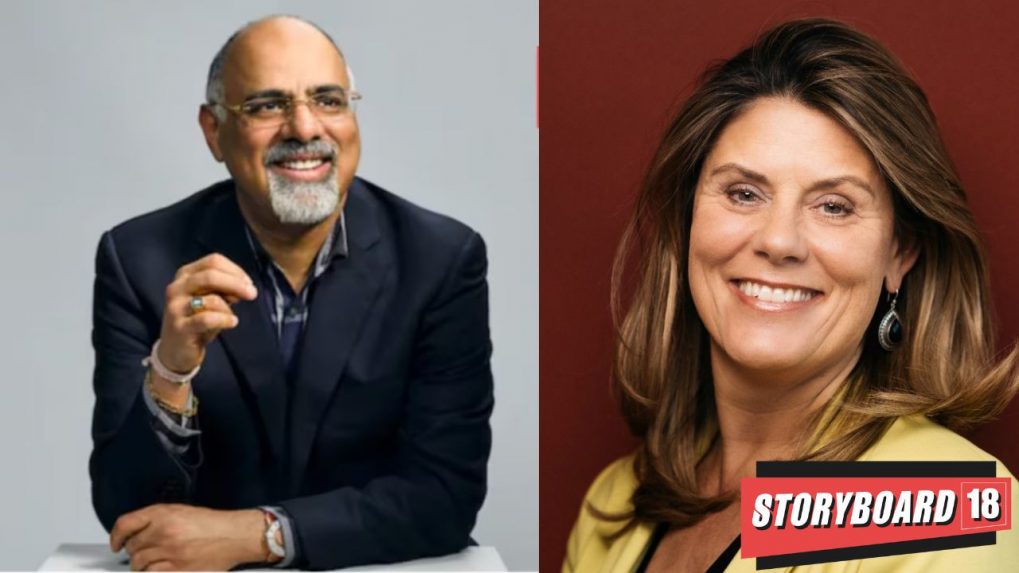Sustainability requires collaboration, not competition: Conny Braams of Unilever
Conny Braams, chief digital & commercial officer of Unilever, said marketers have a huge role to play in terms of sustainability.
ADVERTISEMENT
Sustainability in the context of brand partnership is a field where collaboration should take place instead of competition, said Conny Braams, chief digital and commercial officer of Unilever.
“Sustainability drives more growth, and brands that are considered by consumers to make a positive impact on climate grow much faster,” said Braams, who started her Unilever journey 33 years ago and was recognised as Global Marketer of the Year 2021 by the World Federation of Advertisers (WFA).
Braams, whose career has taken her to Spain, Singapore, Africa and the Middle East, spoke to Raja Rajamannar, chief marketing and communications officer and president of healthcare business at Mastercard, on short-term growth, long-term resilience and sustainability at Cannes Lions this year.
“Sustainability is a field we should not compete on. We need to make this field available for anyone in this industry. Marketers here have a huge role to play,” Braams said.
Unilever, which reported a turnover of €60.1 billion in 2022, says its purpose is to make sustainable living commonplace. Addressing the business focus on sustainability and conscious consumerism, Braams said Unilever’s turnover is about 60 percent because of an innovation-driven approach through initiatives like plant-based alternatives.
She said Unilever, with brands such as Dove, Vaseline and Knorr, wants to drive short-term growth but long-term resilience. According to her, no FMCG company is risk free. Climate change is a massive issue – 40 percent of Unilever’s factories are in water-stressed environments.
“We need to make sure these factories are less reliant on water. Then focus is on sustainable growth and creating a less risk-prone business for Unilever and attracting best talents. People want businesses to be part of the solution, and businesses want the same,” Braams said.
On brand partnerships, Braams said 97% of the people say they want to live a more sustainable life. However, people find it very confusing to understand which brand is truly sustainable.
“Sources of information are changing – 68 percent actually tell us that they believe that influencers are telling the truth. As an industry, we need to come together to train those influencers, give them the right information and educate them. Secondly, for a marketer, consumer behaviour is the hardest part as it can be difficult to make people change,” Braams said.
Braams said that if consumers stand on the sidelines, nothing is really going to change. People need to come together with different capabilities and use the intersection of sustainability, technology and digitisation and consumer behaviour science to make a big leap forward.
(Compiled by Indrani Bose)

